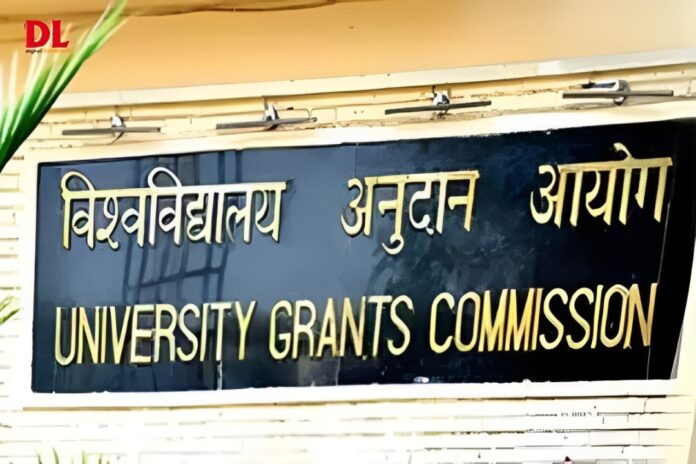
The University Grants Commission (UGC) has announced major reforms for undergraduate and postgraduate programmes starting from the 2025 academic session. These changes, aligned with the National Education Policy (NEP) 2020, are aimed at making higher education more flexible, accessible, and student-friendly.
A key feature of the new regulations is the introduction of the multiple entry and exit system. Under this model, students can exit their course after completing one, two, three, or four years and still receive a recognised qualification, provided they meet the necessary credit requirements. A certificate will be awarded after completing 40 credits in one year, a diploma after earning 80 credits in two years, a general degree after 120 credits in three years, and an honours degree with research after completing 160 credits in four years. Students will also have the option to return later and resume their education from where they left off.
All credits earned during the course will be stored digitally in the Academic Bank of Credits (ABC), allowing students to accumulate, transfer, and redeem their credits across institutions nationwide. The UGC has laid down clear guidelines to ensure smooth management and tracking of credits.
Another important change is the blending of academic education with skill development. Students must complete at least 50 percent of their credits in their core subject, while the remaining can be gained through vocational courses, internships, or interdisciplinary studies. Students can even pursue two UG or PG programmes at the same time, either through different universities or by combining offline, online, and distance learning formats.
In addition, the UGC has permitted universities to conduct admissions twice a year, in July-August and January-February, giving students greater flexibility in starting their academic journey. Universities have been directed to implement these reforms without delay, and non-compliance could attract strict action, including restrictions on awarding degrees.
The UGC believes that these changes will not only make education more practical and inclusive but also bring India’s higher education system closer to international standards.




















